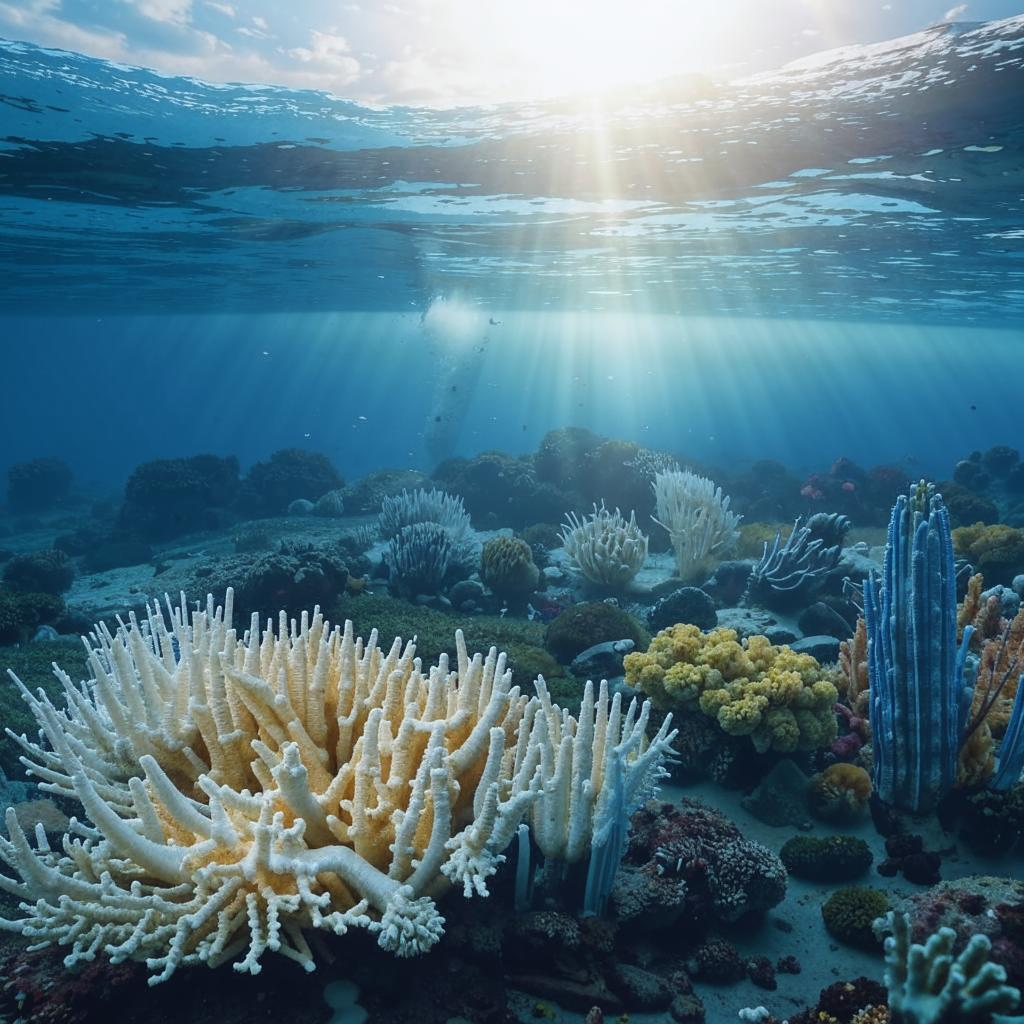Climate scientists are sounding the alarm. Long-feared climate tipping points, once considered distant threats, are now unfolding at an accelerated pace. Recent studies reveal that previous models underestimated the speed at which these irreversible changes are occurring. Several critical thresholds such as the collapse of major ice sheets and widespread coral reef death are becoming increasingly likely.
The implications are dire. The melting of polar ice accelerates sea-level rise, threatening coastal communities and ecosystems. The die-off of coral reefs disrupts marine food webs and diminishes coastal protection. Changes in ocean currents can alter global weather patterns, leading to more extreme and unpredictable events.
This decade is crucial. Experts emphasize the urgent need for drastic and immediate action to reduce greenhouse gas emissions. Delaying action will only exacerbate the risks and lock in more irreversible changes.
The scientific community stresses that while some tipping points may be unavoidable, limiting global warming can still prevent others from being triggered. Investing in renewable energy, improving energy efficiency, and protecting and restoring natural ecosystems are essential steps. International cooperation and policy changes are vital to address this global crisis. The window of opportunity is rapidly closing, and decisive action is needed now to safeguard the future. Finishtit














